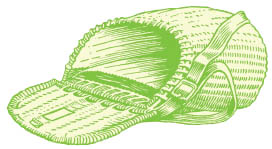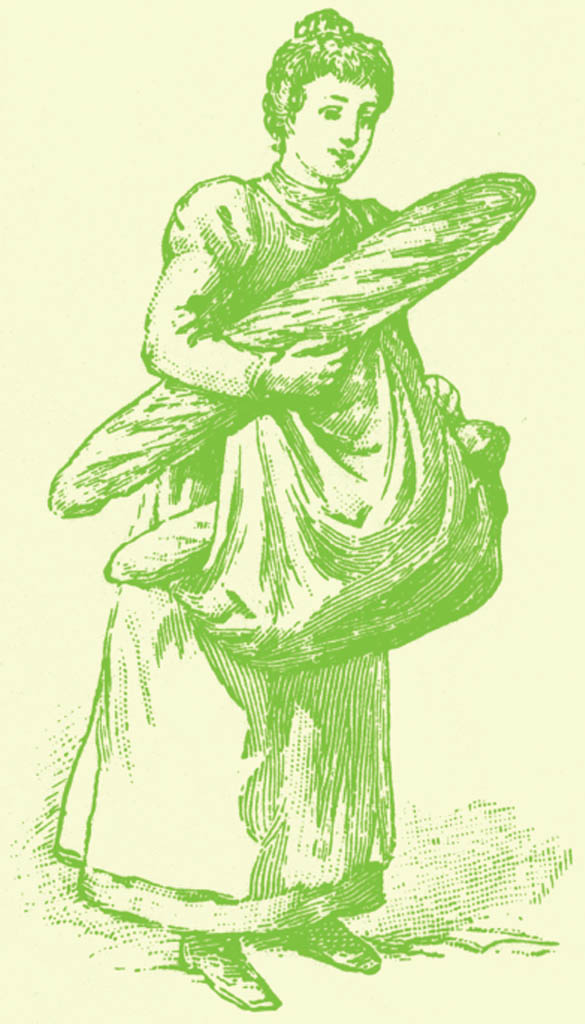
A POTTED HISTORY
HOW DID THE picnic evolve? Was the very first one, where we ate for pleasure in the outdoors, in the Garden of Eden? Once we’d lost our innocence and were cast out from paradise, eating outside somehow lost its gloss. It seemed that any mention of eating in the open air was for travellers or workers only. Soldiers took rations on their long marches, shepherds took provisions into the mountains, travellers took what they could carry and supplemented their needs en route. The rest of our ancestors remained resolutely indoors.
Indeed, nobody is quite sure when the picnic became the pleasure it is now. In fact, nobody is quite sure where the word came from either. Was it from ‘potluck’ – a gathering to which each person attending contributed a dish for all to share? Or was it from the French piquer – to pick, and its rhyming compatriot nique – ‘a thing of little importance’. I’d hate to think the French got there first!
Throughout history and literature there are descriptions and illustrations of grand feasts – the dinners at Villa Lante, with its special table along which running water flowed for guests to wash fingers or fruits, the midsummer banquets of Elizabethan England, the glittering garden parties at Versailles. But these were all the prerogative of the rich and noble – the poor might wait at the gate for scraps! And it continued in this vein with the great hunt breakfasts and shooting party lunches of Edwardian England.
However, two events at the end of the 18th century in France and the early 19th century in Britain began to change things. In France after the Revolution, the Royal Parks were opened to the public for the first time and became extremely popular meeting places for the newly enfranchised citizens of the Republic, who used them both to rest and play. And gradually food became an integral part of the hours spent within them.
In Britain, another revolution, the Industrial Revolution, brought people in their thousands to the new centres of industry – dusty, smoky towns and cities. The workers longed for the clean air and space they had left behind, and so began to plan days out when they could get away from the city to a park, a field, a coastline. From there evolved the picnic we all know and enjoy today – whether it’s at the school sports day, on a perfect beach on a sunny summer’s day, at a wild and windy point-to-point or an ultra-glamorous event at Royal Ascot’s No. One Car Park. Be it on the expansive lawns at Glyndebourne or sheltering from the rain in the wilds of Dartmoor, picnics evoke tastes and memories for all of us.

